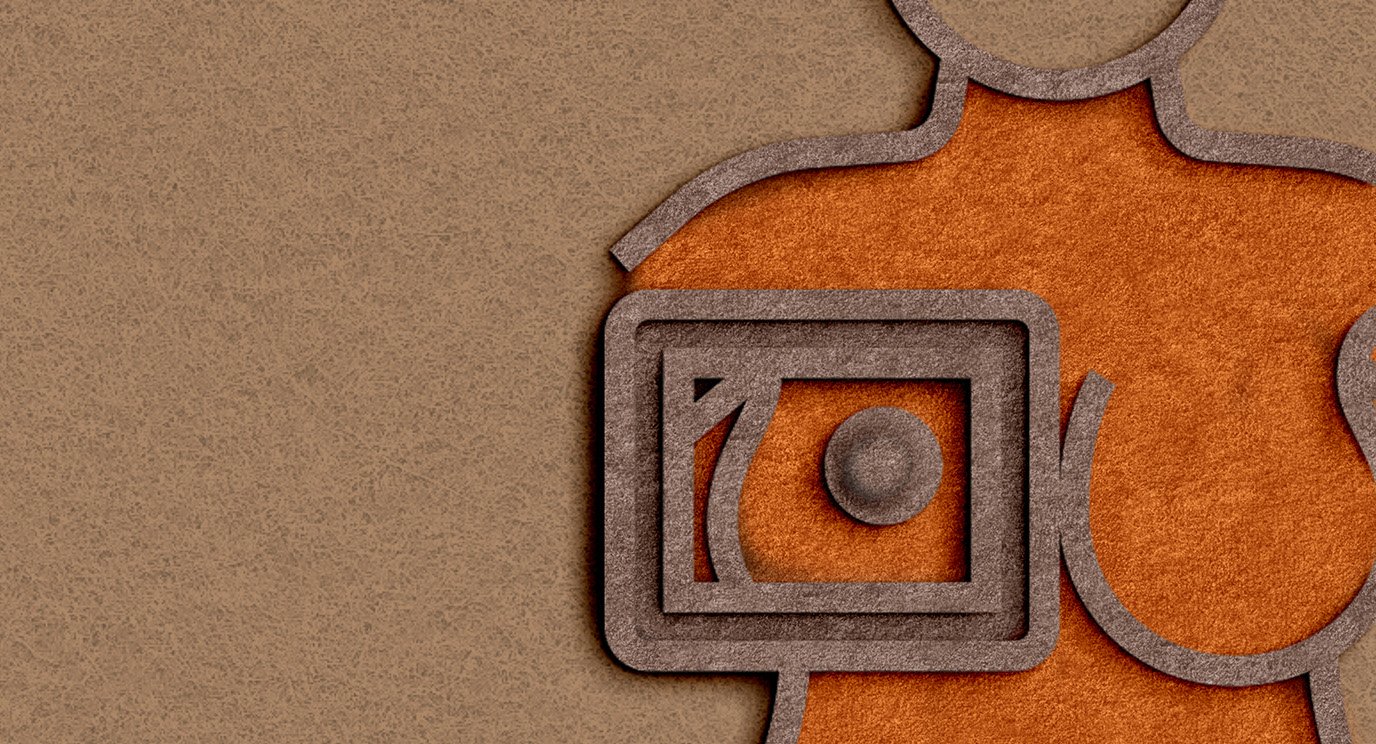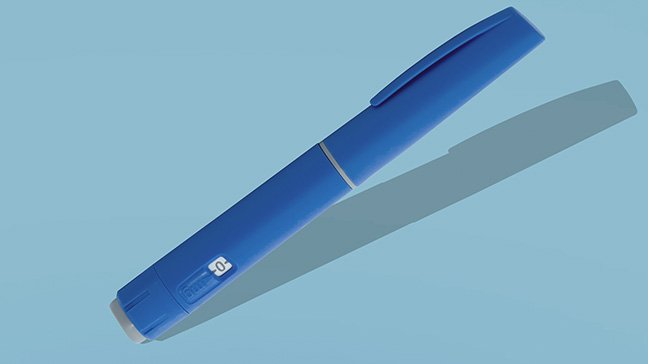- Diseases
- Acoustic Neuroma (14)
- Adrenal Gland Tumor (24)
- Anal Cancer (68)
- Anemia (2)
- Appendix Cancer (16)
- Bile Duct Cancer (26)
- Bladder Cancer (72)
- Brain Metastases (28)
- Brain Tumor (232)
- Breast Cancer (714)
- Breast Implant-Associated Anaplastic Large Cell Lymphoma (2)
- Cancer of Unknown Primary (4)
- Carcinoid Tumor (8)
- Cervical Cancer (158)
- Colon Cancer (166)
- Colorectal Cancer (116)
- Endocrine Tumor (4)
- Esophageal Cancer (44)
- Eye Cancer (36)
- Fallopian Tube Cancer (8)
- Germ Cell Tumor (4)
- Gestational Trophoblastic Disease (2)
- Head and Neck Cancer (12)
- Kidney Cancer (128)
- Leukemia (342)
- Liver Cancer (50)
- Lung Cancer (286)
- Lymphoma (278)
- Mesothelioma (14)
- Metastasis (30)
- Multiple Myeloma (100)
- Myelodysplastic Syndrome (60)
- Myeloproliferative Neoplasm (4)
- Neuroendocrine Tumors (16)
- Oral Cancer (100)
- Ovarian Cancer (172)
- Pancreatic Cancer (160)
- Parathyroid Disease (2)
- Penile Cancer (14)
- Pituitary Tumor (6)
- Prostate Cancer (146)
- Rectal Cancer (58)
- Renal Medullary Carcinoma (6)
- Salivary Gland Cancer (14)
- Sarcoma (238)
- Skin Cancer (296)
- Skull Base Tumors (56)
- Spinal Tumor (12)
- Stomach Cancer (64)
- Testicular Cancer (28)
- Throat Cancer (92)
- Thymoma (6)
- Thyroid Cancer (96)
- Tonsil Cancer (30)
- Uterine Cancer (80)
- Vaginal Cancer (16)
- Vulvar Cancer (20)
- Cancer Topic
- Adolescent and Young Adult Cancer Issues (20)
- Advance Care Planning (10)
- Biostatistics (2)
- Blood Donation (18)
- Bone Health (8)
- COVID-19 (362)
- Cancer Recurrence (120)
- Childhood Cancer Issues (120)
- Clinical Trials (630)
- Complementary Integrative Medicine (22)
- Cytogenetics (2)
- DNA Methylation (4)
- Diagnosis (232)
- Epigenetics (6)
- Fertility (62)
- Follow-up Guidelines (2)
- Health Disparities (14)
- Hereditary Cancer Syndromes (126)
- Immunology (18)
- Li-Fraumeni Syndrome (8)
- Mental Health (116)
- Molecular Diagnostics (8)
- Pain Management (62)
- Palliative Care (8)
- Pathology (10)
- Physical Therapy (18)
- Pregnancy (18)
- Prevention (914)
- Research (392)
- Second Opinion (74)
- Sexuality (16)
- Side Effects (604)
- Sleep Disorders (10)
- Stem Cell Transplantation Cellular Therapy (216)
- Support (402)
- Survivorship (320)
- Symptoms (182)
- Treatment (1786)
Thyroid cancer diagnosis and treatment: What you should know
3 minute read | Published October 17, 2013
Medically Reviewed | Last reviewed by an MD Anderson Cancer Center medical professional on October 17, 2013
Thyroid cancer is the number one fastest rising cancer in women. Although it accounts for about 1% of all cancers, it is becoming much more common. At least 450,000 people in the United States have completed treatment or are living with thyroid cancer.
We recently spoke with Steven Sherman,M.D., chair of Endocrine Neoplasia and Hormonal Disorders, about the rise in thyroid cancer cases, thyroid cancer symptoms, thyroid cancer diagnosis and thyroid cancer treatment. Here's what he had to say.
About 75% of people diagnosed with thyroid cancer are women. Why are women more likely than men to develop this disease?
Doctors aren't sure why more women develop thyroid cancer. All thyroid diseases are more common in women than men.
But when it comes to thyroid cancer, the difference of occurrences in gender disappears for children who have not entered puberty and older adults. So, thyroid cancer maybe related to female hormones.
Recent reports have shown that thyroid cancer is becoming more common. Why is that?
Some of it is probably related to increased detection. Most often, thyroid cancer is found while screening for other health issues, like risk of stroke, when an ultrasound shows tumors in the thyroid.
Most of these tumors are very small, less than 2 centimeters. With thyroid cancer, the smaller the tumor, the greater the chance of survival.
Currently there's a big push to treat only those tumors that need to be treated. Depending on the patient's age, the risk of intervention for some very small tumors may outweigh the risk of the disease.
Additionally, standardized screening tests have not been shown to improve thyroid cancer outcomes. Mortality from thyroid cancer is not increasing, but it also is not decreasing.
What thyroid cancer symptoms should people look for?
Unfortunately, most patients do not witness any thyroid cancer symptoms. But those that do may exhibit:
- enlargement in the neck
- pain in the front of the neck that radiates to the ears on either side
- vocal core paralysis, especially in older patients
- a lump in the throat sensation
How is thyroid cancer diagnosed?
Thyroid cancer is suspected based on imaging tests, including ultrasounds, CT scans, MRIs and other scans, but it is diagnosed by needle biopsy, usually guided by ultrasound.
How is thyroid cancer typically treated?
The type of thyroid cancer treatment a patient receives depends on the type of thyroid cancer the patient has. Most often, doctors perform a surgery to remove the thyroid and, possibly, lymph nodes depending on the patient's age and the size of the cancer.
In differentiated thyroid cancer, which includes follicular thyroid cancer and papillary thyroid cancer, radioactive iodine may be used to kill off the cancer that may remain after surgery. But increasingly, doctors are being more selective about this type of treatment.
After treatment, patients are given a thyroid hormone to make up for the absence of a thyroid. Some patients who are at a higher risk of reoccurrence may receive a higher dosage of the hormone to reduce the chances of the cancer returning.
What new clinical trials are being offered at MD Anderson for thyroid cancer patients? MD Anderson was the one of the first institutions to conduct clinical trials of novel treatment for thyroid cancers. Before that, they were virtually nonexistent. We were an early leader, and we continue to have an active thyroid cancer clinical trial program.
We currently have four ongoing phase two clinical trials. In one, we're looking at how a drug that's been approved to treat medullary thyroid cancer impacts differential thyroid cancers.
Another tests a certain drug's effect on papillary thyroid cancer, and the third is examining if a certain treatment can help control locally-advanced or metastatic thyroid cancer.
The fourth study is focused on side effects. Often after treatment, survivors of medullary thyroid cancer experience diarrhea that is not improved by current drugs. We are testing to see if CASAD, a special type of clay found in Texas, can control this.
Related Cancerwise Stories

Unfortunately, most patients do not witness any thyroid cancer symptoms.
Steven Sherman, M.D.
Physician





